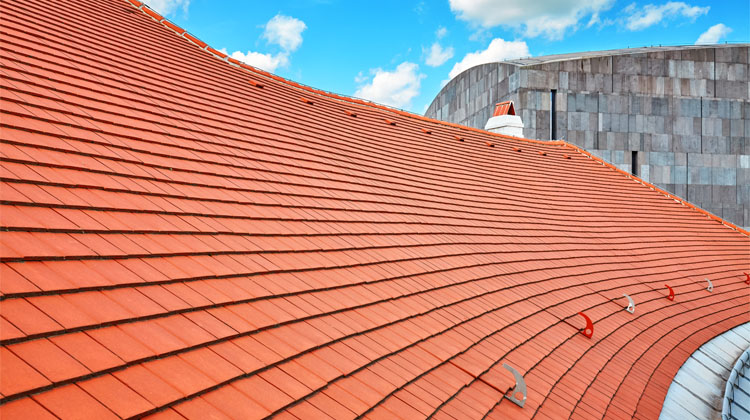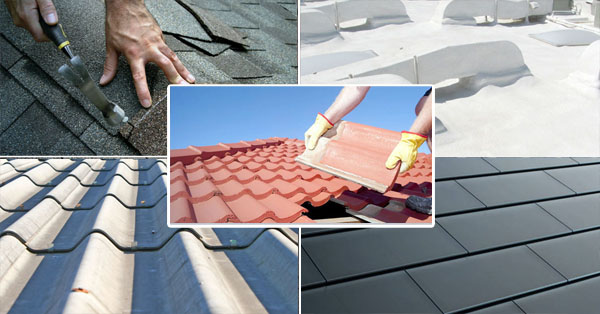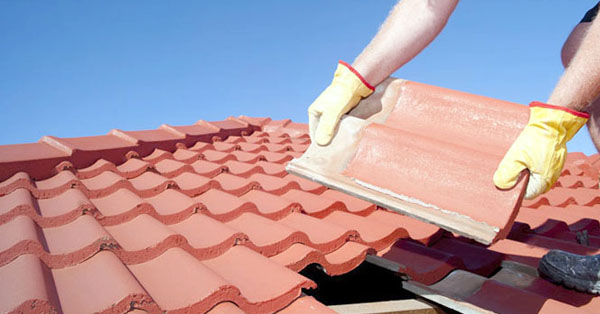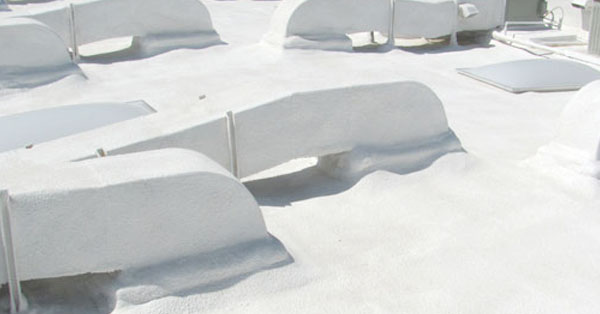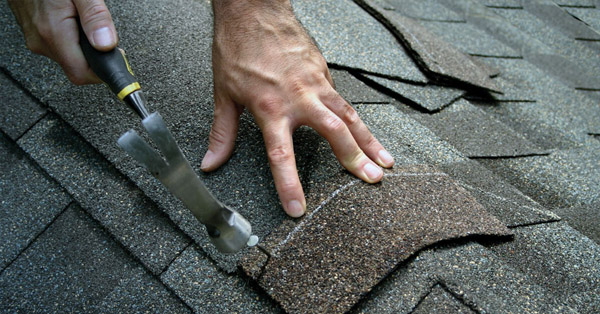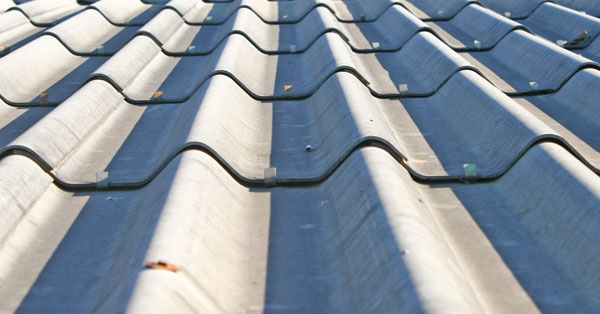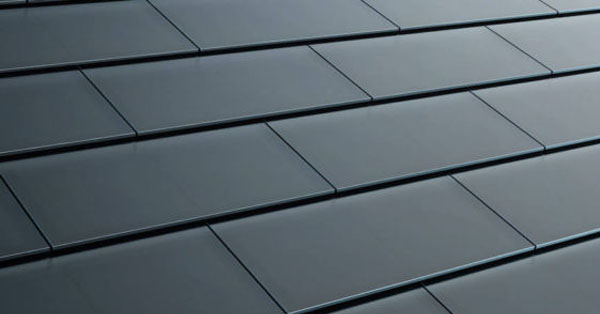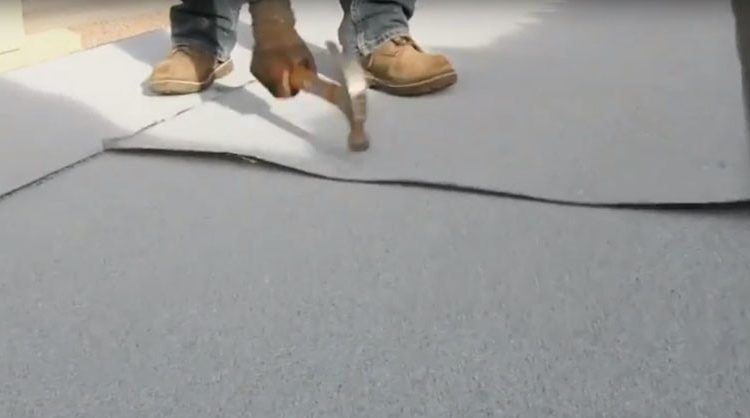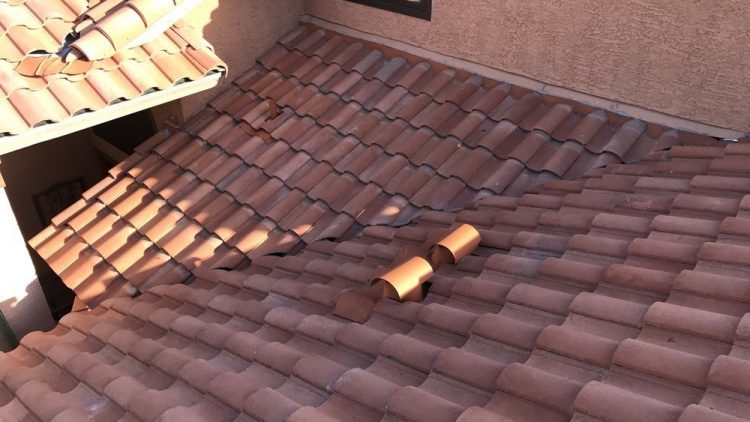Tile Roof Costs 2024
The cost of a tile roof can vary significantly based on several factors, including the type of tile, the size and complexity of the roof, installation requirements, geographic location, and additional factors such as roof pitch and accessibility. Here’s a breakdown of potential costs associated with tile roofing:
- Type of Tile:
- Concrete Tiles: Concrete tiles are among the most common and affordable types of roofing tiles. They typically cost between $5 to $10 per square foot installed.
- Clay Tiles: Clay tiles are known for their durability and aesthetic appeal but tend to be more expensive than concrete tiles. The cost of clay tiles can range from $10 to $20 per square foot installed.
- Composite Tiles: Composite tiles are engineered to mimic the look of natural materials such as slate or wood but are often more affordable. Composite tile roofing costs can range from $8 to $15 per square foot installed.
- Roof Size and Complexity:
- The size and complexity of the roof will impact the overall cost of the project. Larger roofs require more materials and labor, which can increase costs. Additionally, roofs with complex shapes, multiple angles, or steep pitches may require more time and labor to install, resulting in higher costs.
- Installation Costs:
- Installation costs for tile roofing can vary depending on factors such as the roof’s size and pitch, the type of tile used, and the complexity of the installation. Labor costs typically range from $3 to $8 or more per square foot installed.
- Additionally, if the existing roof needs to be removed or if there are any structural repairs or modifications required, these factors can also affect the overall cost of installation.
- Underlayment and Accessories:
- Proper underlayment is essential for tile roofing to provide a waterproof barrier and protect the roof deck from moisture damage. Underlayment costs can vary depending on the type and quality of material used. Additionally, accessories such as ridge caps, flashing, and fasteners will add to the total cost of the project.
- Geographic Location:
- Roofing costs can vary significantly depending on the geographic location and local market conditions. Factors such as labor rates, material availability, and building code requirements can all impact the overall cost of the project.
Cost Estimates:
- Average Range: On average, homeowners can expect to pay between $10 to $20 or more per square foot for a tile roof installation, including materials and labor. Costs can vary widely based on the factors mentioned above.
- Total Project Cost: For a typical residential tile roof covering 2,000 square feet, total costs can range from $20,000 to $40,000 or more, depending on the specific requirements of the project and the type of tile chosen.
Roof Underlayment Costs:
Roof underlayment costs can vary based on the type of underlayment material, the size of the roof, and local labor rates. Underlayment is a critical component of roofing systems as it provides a secondary barrier against water penetration and helps protect the roof deck and interior of the home from moisture damage. Here’s a breakdown of potential costs associated with roof underlayment:
- Types of Underlayment:
- Asphalt-Saturated Felt: Asphalt-saturated felt, also known as roofing felt or tar paper, is a common type of underlayment. It is relatively inexpensive and offers good water resistance. The cost of asphalt-saturated felt typically ranges from $0.10 to $0.50 per square foot.
- Synthetic Underlayment: Synthetic underlayment is made from polyethylene or polypropylene materials and offers superior durability and water resistance compared to traditional felt underlayment. Synthetic underlayment costs more than asphalt-saturated felt, with prices ranging from $0.20 to $0.80 per square foot.
- Rubberized Asphalt Membrane: Rubberized asphalt membrane underlayment provides excellent waterproofing and self-sealing properties, making it ideal for high-performance roofing systems. Rubberized asphalt membrane underlayment costs more than other types of underlayment, with prices ranging from $0.50 to $1.00 or more per square foot.
- Roof Size and Pitch:
- The size and pitch of the roof will impact the overall cost of underlayment. Larger roofs require more underlayment material, while steeper pitches may require additional labor for installation.
- Labor Costs:
- Labor costs for underlayment installation will depend on factors such as the complexity of the roof, accessibility, and local labor rates. Installation costs typically range from $0.20 to $0.50 per square foot.
- Additional Materials:
- In addition to underlayment material, other materials such as fasteners, sealants, and flashing may be required for proper installation. These additional materials will add to the overall cost of the project.
- Geographic Location:
- Underlayment costs can vary depending on the geographic location and local market conditions. Labor rates, material availability, and building code requirements can all impact the overall cost of the project.
Cost Estimates:
- Average Range: On average, homeowners can expect to pay between $0.20 to $1.00 or more per square foot for roof underlayment material and installation. Costs can vary widely based on the factors mentioned above.
- Total Project Cost: For a typical residential roof covering 2,000 square feet, total underlayment costs can range from $400 to $2,000 or more, depending on the specific requirements of the project and the type of underlayment chosen.
When planning a tile roof installation, it’s essential to work with qualified roofing contractors who have experience with tile roofing systems. They can help assess your specific needs, provide accurate cost estimates, and ensure that the installation is done correctly to protect your home and investment.
Professional Roofing Installation Services
You’ve got a lot of great options for roofing materials. No matter which roofing material type you choose Paul’s Roofing is here to help install it right. Our team installs whichever roofing material you want the right way, the first time. We strictly used the highest quality and longest lasting roofing materials to ensure our customer’s satisfaction. Paul’s Roofing can help with installation of shingle roofing, tile roofing, spray foam roofing and more.

